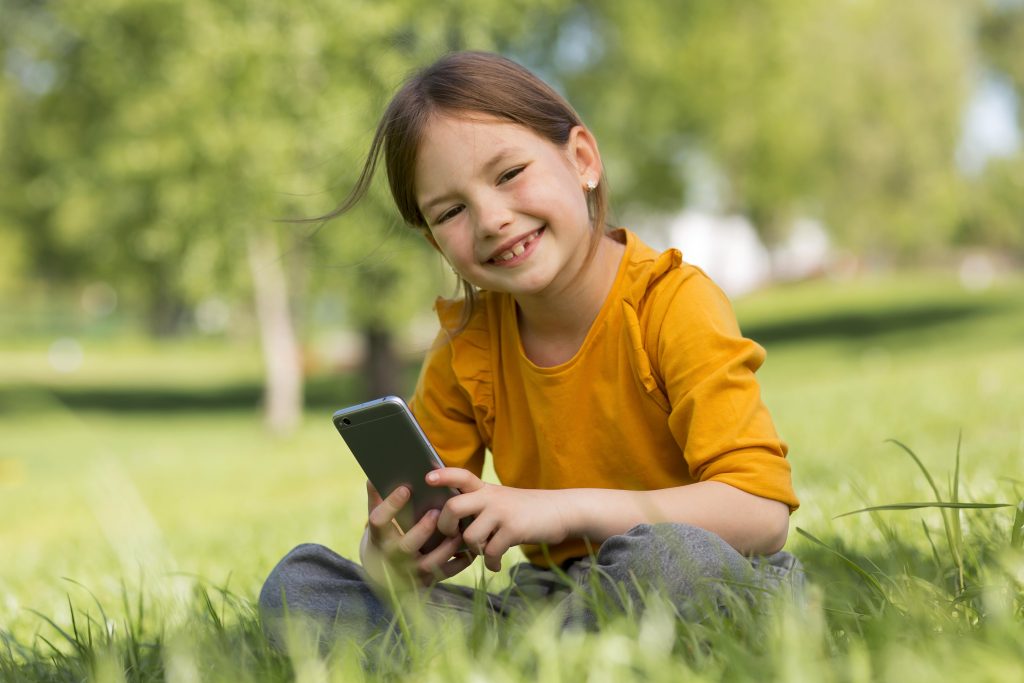Emotional Wellness: The Foundation for a Thriving Child
Emotional wellness goes beyond simply feeling happy. It’s a child’s ability to recognize the full spectrum of emotions they experience, understand what those emotions mean, and then manage them in a healthy way. Just like physical health, emotional well-being is crucial for a child’s overall development. It shapes how they navigate the complexities of life, from social interactions and academic challenges to building strong relationships and achieving personal goals.
Creating a Safe Space for Emotional Expression
Cultivating emotional wellness requires a supportive environment where children feel safe to express themselves freely. Imagine a child experiencing frustration or sadness. If they feel judged or dismissed for these emotions, they may learn to suppress them, leading to unhealthy coping mechanisms in the future.
Here’s where parents, caregivers, and educators play a vital role. By creating a space where children feel comfortable expressing their emotions, we can validate their feelings and help them understand them. This might involve active listening, offering words of affirmation, and providing guidance on how to manage difficult emotions constructively.
Fostering Emotional Intelligence: Building Resilience from a Young Age
Emotional intelligence (EQ) is the ability to understand, use, and manage one’s own emotions in positive ways. By fostering EQ from a young age, we equip children with the resilience and self-regulation skills they need to thrive. Think of it as giving them a toolkit for life’s challenges.
Here are some ways to nurture emotional intelligence in children:
- Labeling Emotions: Help children identify their emotions by using simple words like happy, sad, angry, or frustrated.
- Storytelling and Role-Playing: Use children’s books and role-playing games to explore different emotions and healthy coping mechanisms.
- Open Communication: Encourage open communication about feelings, both positive and negative.
- Modeling Healthy Responses: Children learn by observing adults. Demonstrate healthy ways to manage your own emotions.
By investing in a child’s emotional well-being, we empower them to navigate life’s challenges with confidence and build a strong foundation for success.
The Power of Mindfulness: Cultivating Calm and Self-Awareness
Mindfulness is the practice of focusing on the present moment and cultivating awareness of oneself and the surroundings. Imagine a child feeling overwhelmed by anxiety or anger. Mindfulness techniques can help them step back, observe their thoughts and emotions, and respond in a more mindful way.
The Fast-Paced World and the Need for Mindfulness
In today’s world filled with constant stimulation, children are bombarded with distractions. This makes it difficult for them to stay calm and focused. Mindfulness practices can help children develop inner calm, self-regulation, and resilience from a young age.
Simple Techniques for Powerful Results
There are many simple mindfulness exercises that can benefit children. Here are a few examples:
- Deep Breathing: Teach children to take slow, deep breaths to calm their bodies and minds.
- Body Scans: Guide children to focus their attention on different parts of their body, noticing any physical sensations without judgment.
- Guided Visualizations: Use calming imagery to help children relax and focus on positive thoughts.
The Benefits of Mindfulness for Children
By practicing mindfulness, children develop a heightened self-awareness. This empowers them to manage stress, anxiety, and anger more effectively. Additionally, mindfulness can foster creativity, concentration, and empathy, all essential skills for a happy and successful life.
Introducing TinyBit: A Supportive App for Emotional Wellness
TinyBit is an innovative app designed specifically to address the unique emotional needs of children with disabilities. It empowers them to better understand and manage their emotions, promoting overall well-being. Here are some features that make TinyBit a valuable tool:
- Mood Tracker: This feature allows children to monitor their moods, gain insights into emotional patterns and triggers, and communicate their feelings more effectively with caregivers and therapists.
- Schedule Management: This tool assists children in organizing their daily routines and tasks, providing structure and consistency for those who struggle with planning and time management. A predictable schedule reduces anxiety and promotes a sense of stability.
- Mindfulness Reminders: TinyBit uses alarms to prompt children to engage in mindfulness exercises throughout the day, promoting emotional regulation and a sense of calm.
- Text-to-Speech Functionality: This feature offers a valuable outlet for children who struggle with verbal communication or expressing their emotions.
- Location Tracking: This feature provides peace of mind for both parents and children. It allows parents to locate their child in case of emergencies, while offering a safety net for children prone to wandering.
Conclusion
Prioritizing children’s mental health and fostering emotional well-being is essential. By integrating mindfulness practices into daily routines and utilizing supportive tools like TinyBit, we can empower children with emotional disabilities to develop the resilience and confidence they need to navigate life’s challenges.





